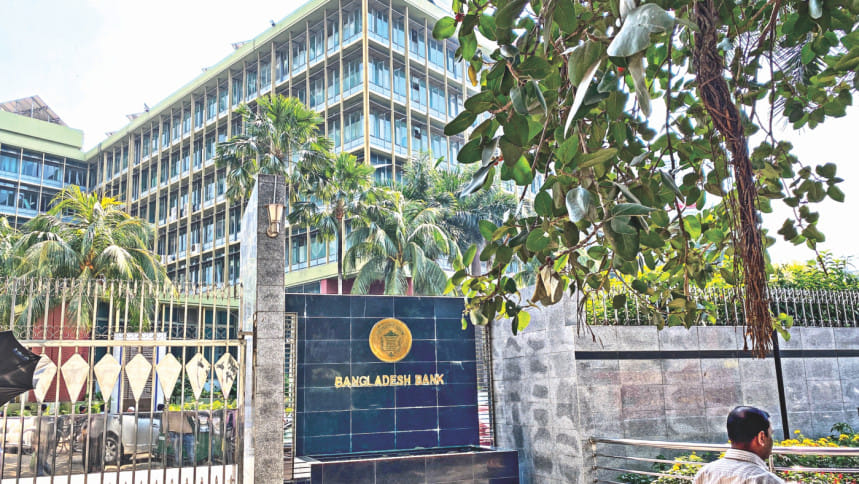Foreign exchange houses warn of remittance drop

Remittance through formal channels will likely fall in the days ahead as Bangladesh Bank yesterday asked foreign exchange houses to follow the rate set by banks, according to officials of exchange houses.
They cautioned that the flow of remittance through formal channels will drop if there is a cap on the exchange rate between taka and the US dollar.
Bangladesh Bank issued this directive following a meeting with representatives of foreign exchange houses and its Foreign Exchange Policy Department (FEPD) at the central bank headquarters in Dhaka.
On November 9, the Bangladesh Foreign Exchange Dealers Association and Association of Bankers Bangladesh decided that banks can buy each US dollar from exchange houses for a maximum of Tk 110.50.
It was also decided that banks would be able to provide customers an incentive of up to 2.5 percent from their own fund for receiving foreign currency through official banking channels.
So, including the government incentive of 2.5 percent, customers can get up to Tk 116 per US dollar remitted to the country.
Migrant workers sent home a four-month high of $1.98 billion in October as the central bank relaxed the rules for banks to collect remittance.
However, remittance through official channels had been lodged in a downward spiral during the July-September period earlier this year, according to an official of a top foreign exchange.
The trend could return though as the directive to not trade US dollars for more than Tk 116 apiece means foreign exchanges will make less profit when selling it to banks, leading to lower purchases from remitters.
"At the same time, remittance flow through unofficial channels will increase," the official said.
Remittance flow to Bangladesh spiked to nearly $2 billion in October from $1.3 billion the month prior.
This was because the gap in the US dollar exchange rate between official and unofficial channels narrowed at the time, when the official rate became more competitive.
"Whenever you impose a cap on the exchange rate, money will move to unofficial channels. So, we highlighted this risk at the meeting," the official told The Daily Star.
After the meeting, Md Sarwar Hossain, director of the FEPD, said they were asked to follow the rules and regulations when engaging in remittance dealings with banks.
Hossain, also assistant spokesperson of Bangladesh Bank, presided over the meeting, where representatives of 10 foreign exchanges, including Western Union and MoneyGram, were present.
The dollar market saw fresh volatility last week as some banks offered as much as Tk 124 per greenback to bring in remittance and overcome the ongoing foreign currency shortage.
The country's foreign exchange market has been facing volatility for the last two years due to a higher outflow than inflow of US dollars.

 For all latest news, follow The Daily Star's Google News channel.
For all latest news, follow The Daily Star's Google News channel. 




Comments